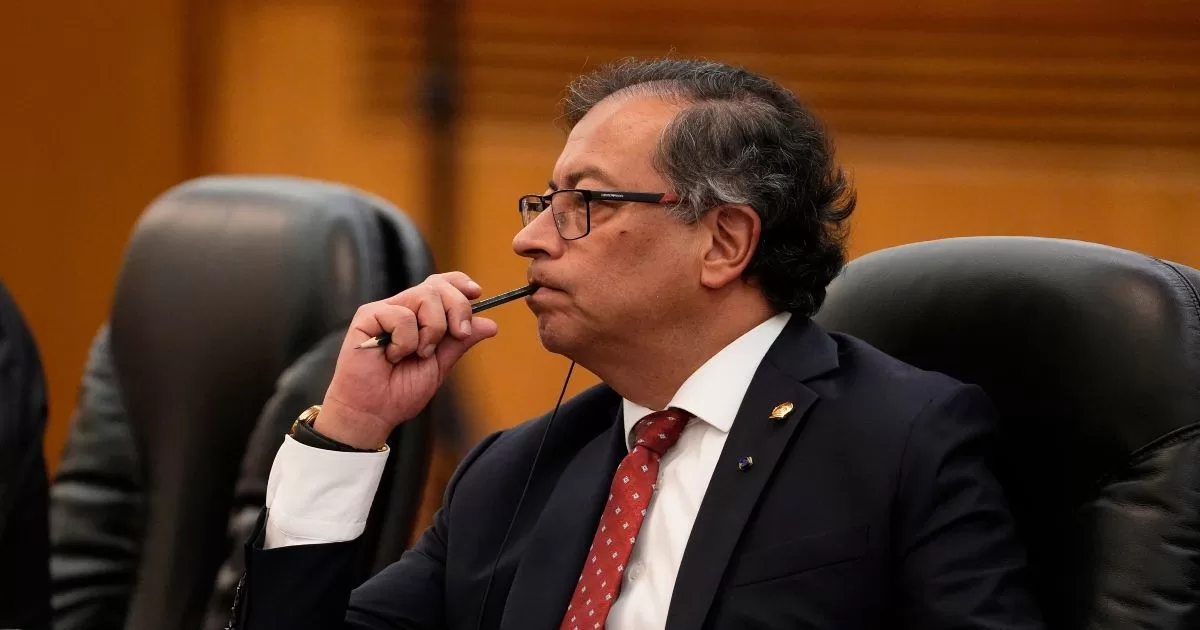The presentation of a scientific project in rhyme form is an exception even at the American Academy, which is known for intellectual flights of fancy. Paul W. Werth, history professor at the University of Nevada in Las Vegas, is one of the 50th class of grantees who presented their projects on Thursday evening. His fellow fellows completed some of his sentences in flash mob style.
In doing so, Werth deals with a topic that is as serious as it is topical. What has territorial land gains and land losses over the past seven centuries done to Russia? Why did Russia become the way it is? In passing, he recalled a time when the USA and Germany shared a direct border with Russia.
When the guests at the opening ceremony for the American Academy gathered around honorary fellow Arthur Miller in September 1998, the euphoria about overcoming the Cold War was still young.
New traditions after the Allies left
After reunification and the Allied withdrawal, new traditions were sought to further nurture and strengthen the ties between Americans and Germans at the site of the Airlift. Joel Levy, then US envoy, first brought up the idea of the American Academy. Ambassador Richard Holbrooke then ignited a real beacon from the delicate sparks.
Henry Kissinger, Richard von Weizsäcker and Fritz Stern were among the early supporters of the idea. The Villa am Wannsee once belonged to the banker Hans Arnhold, who was driven out by the Nazis.
Juggling professors welcome
With a crucial donation of three million dollars, his daughter Anna-Maria and her husband Stephen Kellen contributed to the implementation of the project from New York. Longtime founding director Gary Smith was also present at the presentation of the 50th class.
The current President Daniel Benjamin, then a journalist in Germany and later, among other things, foreign policy speechwriter for US President Bill Clinton, thought aloud about whether a professor who can also juggle might suit the house in the future.
The sometimes playful handling of current scientific topics at the highest level is one of the intellectual delights of the supporters and friends of the house, including Oscar winner Volker Schlöndorff and the long-standing head of protocol at the Foreign Office, Bernhard von der Planitz.
Potatoes and people in climate change
Holtzbrinck scholarship holder Cristina Rivera, for example, will focus on the new form of the CliSci novel, climate science fiction. The Mexican-born professor of creative writing at the University of Houston is interested in what climate change will have made of people 400 years from now.

The potato also plays a major role. In this way, it draws an arc from Mexico’s highlands around the Tocelo volcano to the legacy of Frederick the Great. Berlin, her favorite city, will probably also inspire Lauren Groff, whose bestseller “Matrix” with the exciting story of a medieval abbess and illegitimate king’s daughter was recently published in German.
God and the household spirits
In her forthcoming work “Doom Eager” she deals, among other things, with the connection between man and God, with the creation of art, the origin of the Bible, Helen of Troy, house spirits and the dancer Martha Graham.
Ela Gezen, who grew up in Moabit, is a professor at the University of Massachusetts. She examines the role of Turkish artists in the self-portrayal of the Turkish community in an early phase of migration to Germany.
Central aspects of globalization
John Connelly from Berkeley University explores the question of why the Third Reich initially sounded plausible to Germans who had no sympathy for the Nazis at all and also delves deep into the centuries.
Abraham Newman from Georgtown University gets to the bottom of globalization and explains why – contrary to what many think – it is a phenomenon of centralization, for example through large companies and supply chain dependencies.
From melting icebergs to Honolulu
Rice University anthropologist Cymene Howe looks at climate change from a water perspective, from the melting icebergs of Greenland to vulnerable places like Honolulu.
With Tashi Wada from Los Angeles, there is also a composer on board whose father, who also plays music, once had a scholarship at Künstlerhaus Bethanien.
At the end of his welcome speech, Minister of State Tobias Lindner from the Federal Foreign Office offered the scholarship holders exclusive tours of the Reichstag and advised them to try the wine from his southern Palatinate homeland.
Not to be bored – this dramatic proclamation at the end of Paul Werth’s poem should be easy for everyone. Through the art of being educational, visionary and entertaining at the same time, the Fellows have made the American Academy a beacon over the past 25 years.
To home page



